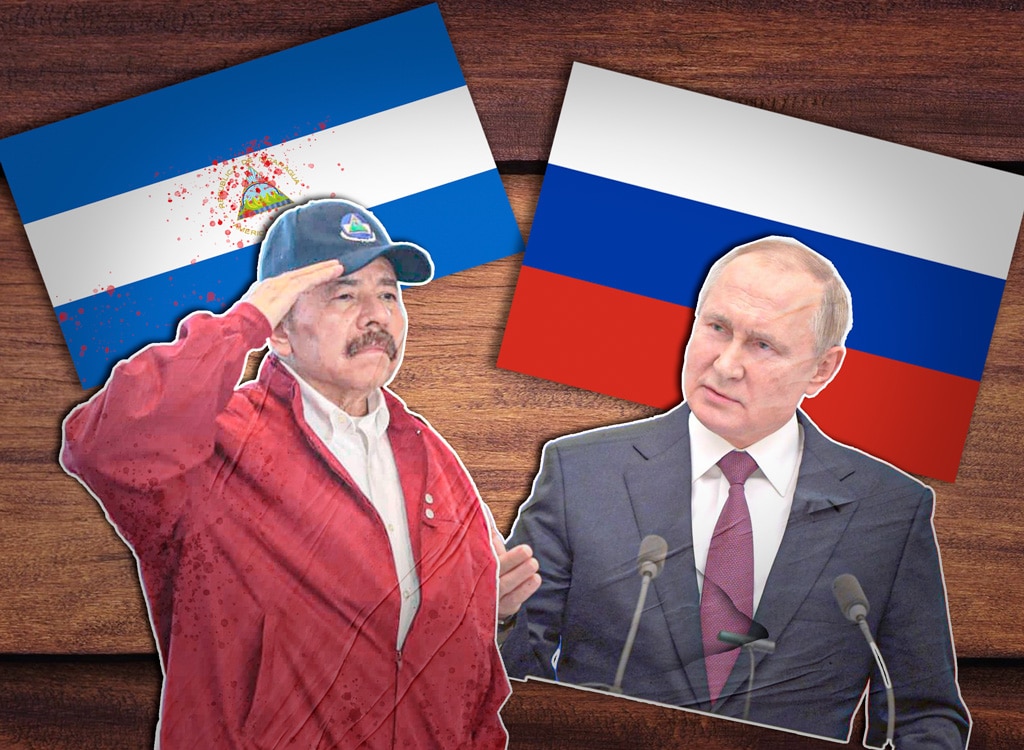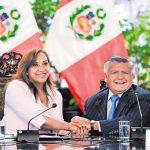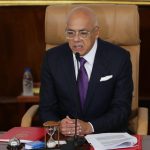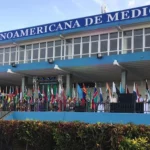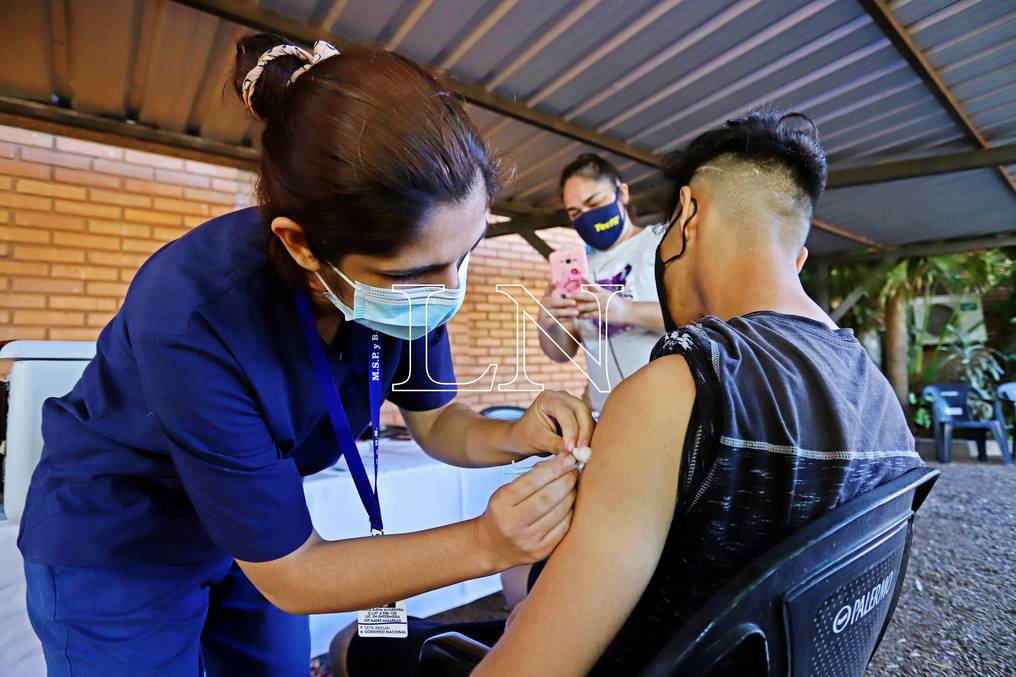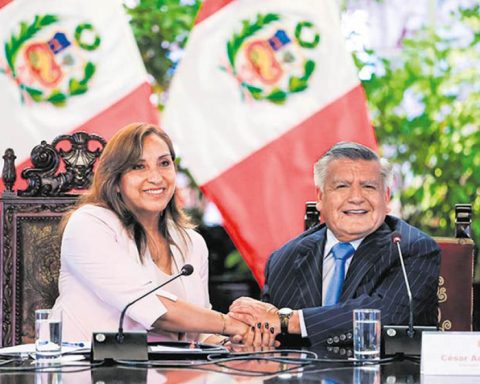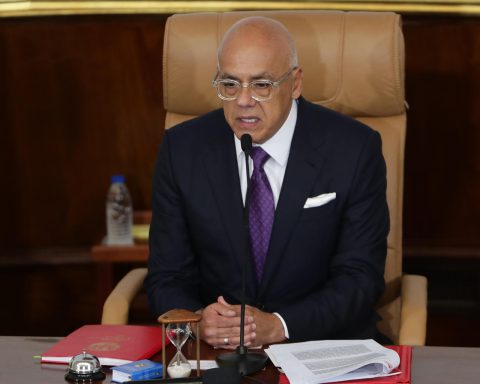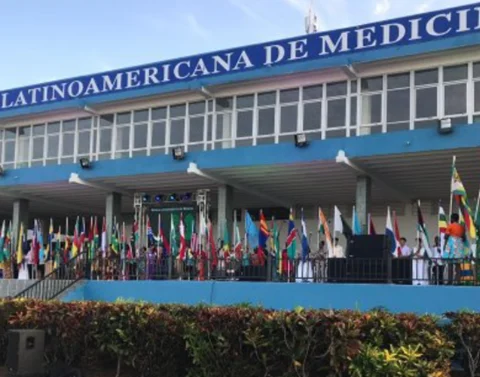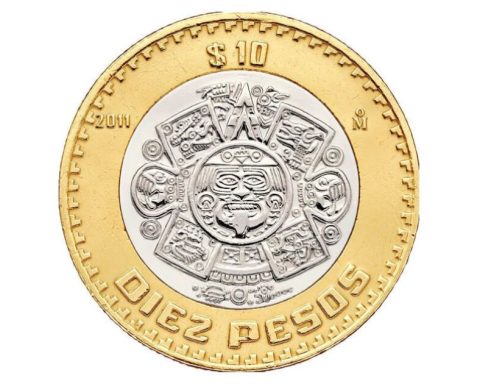The publication of a decree by means of which Daniel Ortega authorizes the entry into the country of Russian soldiers (and eight other nationalities), is an indication that Moscow is still very interested in increasing its presence in Nicaragua, according to three experts on security and defense interviewed by CONFIDENTIAL.
On Tuesday, June 7, the 103rd edition of the official newspaper La Gaceta published Presidential Decree 10-2022, which routinely authorizes the entry of Central American, Mexican, Venezuelan, Cuban, American, and Russian soldiers, to the national territory, in the second half of 2022, while authorizing the departure of Nicaraguan soldiers to several of those same countries.
“The decree is not very different from those issued by the National Assembly every six months, authorizing the entry of foreign troops into Nicaragua, from different countries. It is also common for it to include Russian troops, the United States, the CFAC, [la Conferencia de las Fuerzas Armadas Centroamericanas]Mexico, or Taiwan,” said sociologist Elvira Cuadra, director of the Center for Transdisciplinary Studies of Central America (Cetcam).
Although “this has been going on for many years”, Cuadra is struck by “the emphasis they put on insisting that all the activities they are going to carry out are for humanitarian reasons. There is a marked interest in that, something that they did not detail so much before.
The decree specifies an expansion in the participation of Russian troops, ships and aircraft in Nicaragua, in training and exchange exercises in humanitarian aid operations, search, rescue and rescue missions in emergency situations or natural disasters, with the ground forces, Air Force and Naval Force of the Nicaraguan Army.
Another component refers to “exchange of experiences, training, operations against illegal activities in maritime spaces in the Caribbean Sea and jurisdictional waters in the Pacific Ocean of Nicaragua, with the Naval Force of the Nicaraguan Army.”
The United States Undersecretary of State for Western Hemisphere Affairs, Brian Nichols, described the presence of Russian troops in Nicaragua as “a provocation”
“Inviting Russian forces, Russian troops to exercises, even if they are humanitarian at a time when that country is invading a neighboring country, and committing human rights violations in Ukraine, seems to us to be a provocation by the Nicaraguan regime, and it’s something a little dangerous for us,” he told the German news service in Spanish, Deutsche Welle.
For his part, the president of Costa Rica, Rodrigo Chávez, declared the “concern” of his Government because “there is news that President Daniel Ortega invited the Russian Army to send troops and equipment to Nicaragua. We have not had an Army since 1949. Imagine how we feel: worried, with good reason”, he argued.
The retired elder, Roberto Samcam, agrees with Cuadra when saying that “it is routine that it is authorized twice a year, but not the level of detail, nor that now they say that they are going to fight drug activity.”
In his opinion, the Russians have no experience fighting drug trafficking in the West, because they know how to deal with drug traffickers who transport heroin, hashish, and other substances by land, coming from Afghanistan, Turkey, Pakistan, etc., but not because of sea, which is where the bulk of the illegal drugs that seek to enter the United States transit.
“The Russians are not going to replace the US Southern Command. They have no possibility of interdiction, and rather they are going to hinder the activity of the Southern Command in the Caribbean”, he stated.
An analyst on regional security issues, who asked to withhold his name, told CONFIDENTIAL that the Russians have been arriving in Nicaragua since 2013, going from 60 to 250 troops between the first and second half of that year, although that number rose to 500 in 2014, and they add up to (at least) 180 troops in the second half of this year year.
provocation to the United States
These three experts agree that the emphasis of the official Russian television presenter, Olga Skabeeva, who introduced the news commenting that “if American missile systems can be close to Moscow from the territory of Ukraine, it is time for Russia to deploy something powerful closer to an American city,” has sparked a war of words.
The analyst on regional security issues said that when Nicaragua began to acquire patrol boats, Russia reported it in its related media, even before the Nicaraguan Government communicated it, “so as not to have problems with the Americans, without using diplomatic channels. … as a way to get their ‘no objection’, and when they don’t resist, it’s seen as a message of acceptance,” he explained.
“We have already had a Russian naval presence in Bluefields and in Bilwi, but the Russians are interested in establishing permanent naval bases in both cities, and they have not been able to because they are prevented by the Constitution, but Ortega has a sufficient majority in the Assembly to change that, if you want,” he warned.
For Major Samcam, the Russian journalist’s statement adds to the threat that Vladimir Putin had said, saying that he was going to establish a military alliance with Venezuela, Cuba and Nicaragua, and that if the United States and NATO placed weapons in the Russian periphery, which put them in danger, they arrogated the right to plant weapons in America, to reach US territory, to threaten the Biden administration.
The sociologist pointed out that “the Russians have always been interested in positioning themselves and expanding their presence in Nicaragua and the rest of Central America, and not only in the military, but also in the diplomatic sphere,” recalling that Serguei Lavrov, Minister of Foreign Affairs of Russia participated in some meetings of the Central American Integration System (SICA), and requested that they allow Russia to enter as an observer.
The expert also highlighted the emphasis that the Russian presenter placed when announcing the approval of Decree 10-2022, and the moderation that the spokeswoman for the Foreign Ministry, María Zakharova, had to make, because “it is evident that it was a public tone raise , that in general terms, what he was doing is fueling the confrontation between Russia and the United States, which is quite critical in the context of Russia’s aggression against Ukraine”.
Russians are already here
An additional effect of the way in which Russia handled this issue is that “it leaves Ortega in a compromised situation, because the National Army is still interested in collaborating with the United States in the military field,” he added, while the analyst quoted anonymously expressed that “this decree refutes the thesis that there is no relationship between the Army of the United States and that of Nicaragua. At least, in the most basic.
The conditions enjoyed by the Russians are so ostentatious that their Nicaraguan comrades refer to the place as “the little hotel,” said the expert, recalling that there are also Russians in the Special Operations Command (COE), and the Second Regional Military Command. .
The source also recalled that Russia and Nicaragua have a “nuclear agreement,” signed by two of the presidential couple’s sons, Rafael and Laureano Ortega, “supposedly for peaceful purposes, but that is how the Glonass station, which is managed by the Army, was created. of Nicaragua, with a strong Russian influence”.
Samcam also highlighted that the decree specifies that there will be 80 Russian troops in activities with the COE, which he considers “very striking, because sniper instructors come there,” he warned.
Regarding the training of Nicaraguan troops, he said that it is very likely that Nicaragua will send soldiers to the Russian Federation to train in rocket systems, referring to a type of reactive artillery that is superior to the BM-21 known in Nicaragua since the eighties.
